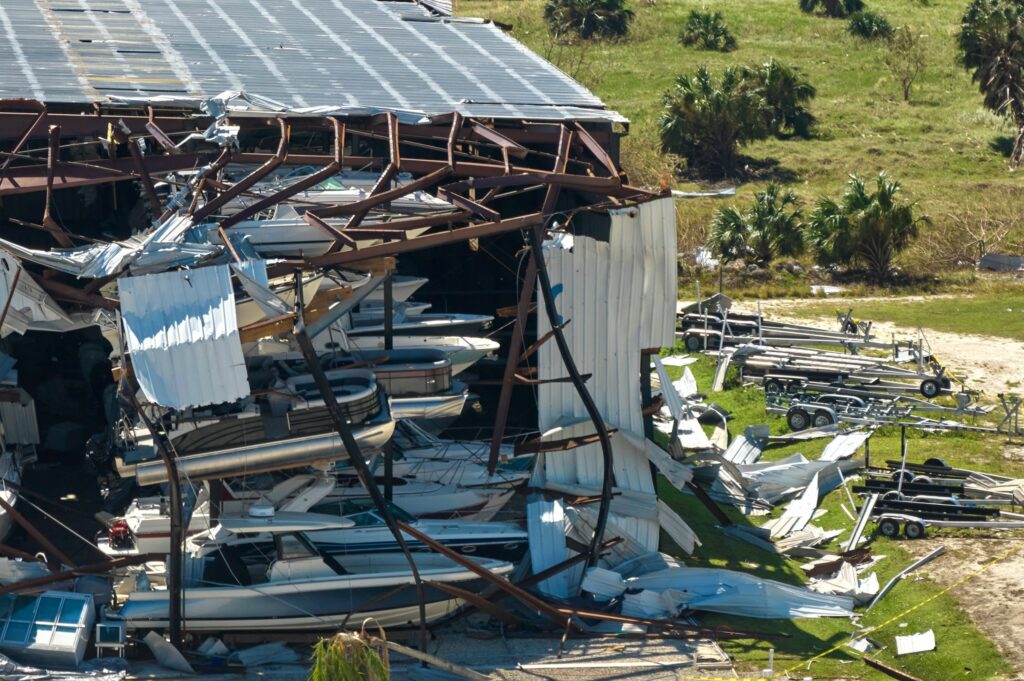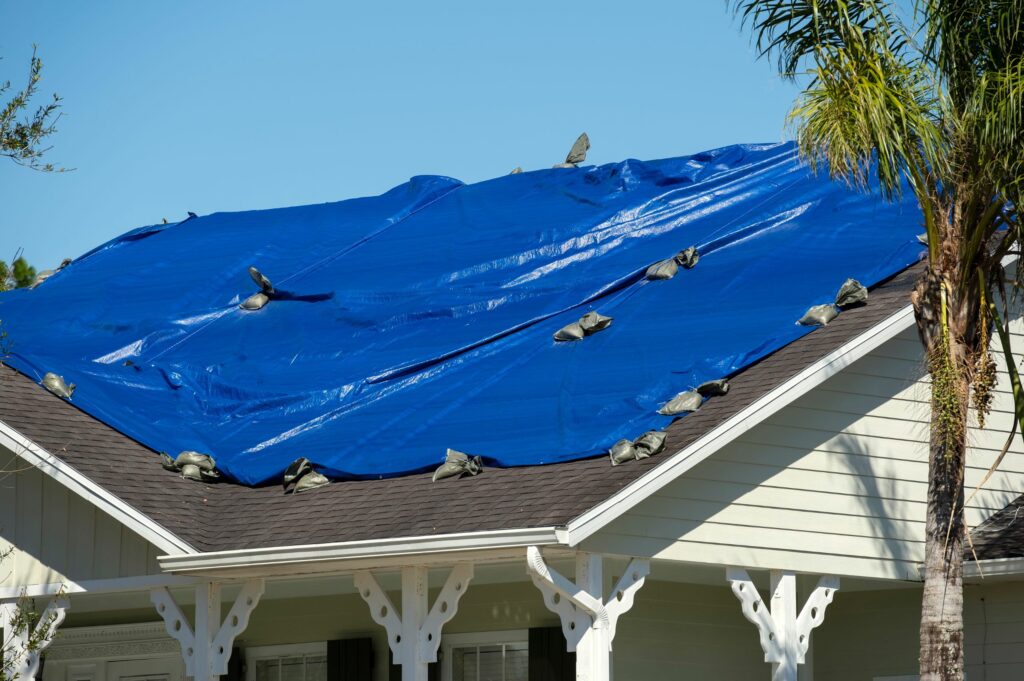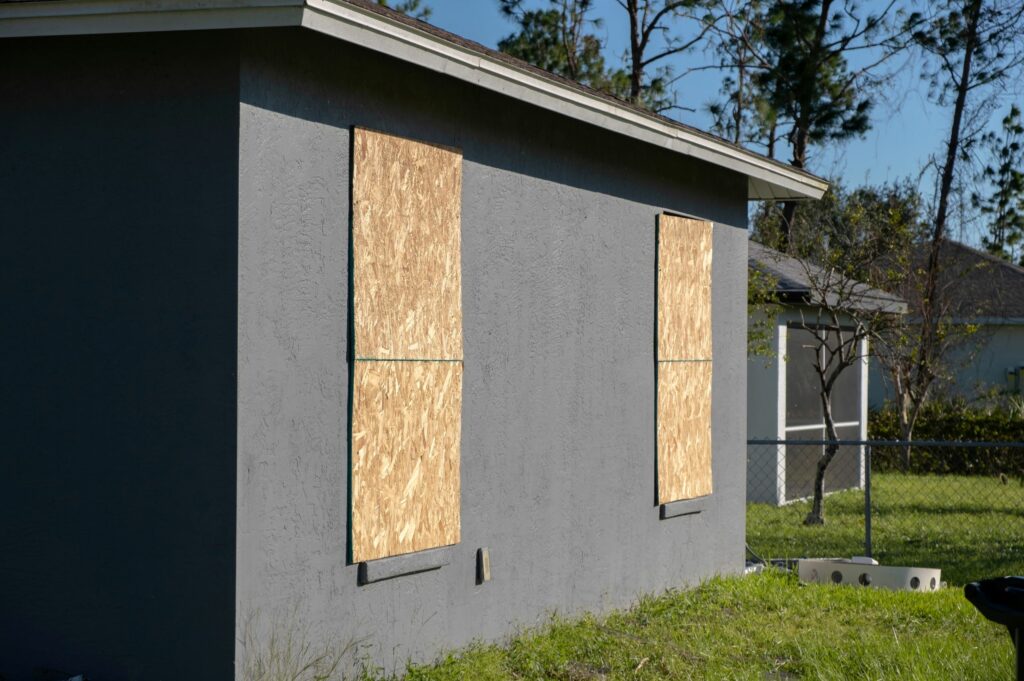What You Need to Know About Insurance and Bad Faith Tactics
In the wake of Hurricane Helene, thousands of families are still displaced, uncertain of when—or if—they’ll be able to return to their homes. With homes flooded, roofs torn off, and belongings destroyed, the path to recovery is overwhelming. Many are still waiting to hear about loved ones, while others have only just begun the daunting process of gathering what remains to file insurance claims.
While you focus on your family’s safety and rebuilding your life, it’s vital to be aware of a harsh truth: not all insurance carriers will treat you fairly. This blog is here to help you navigate the claim process, protect your rights, and avoid falling victim to bad faith tactics used by some insurers.
What Is “Bad Faith,” and Why Should You Care?
Bad faith refers to deceitful practices by insurers who, rather than honoring the terms of your policy, choose to delay, deny, or underpay your claim. In the aftermath of Hurricane Helene, these tactics can slow down the recovery process at a time when you need immediate assistance. After enduring such a loss, the last thing you expect is for your insurance provider to offer a settlement that barely covers the damage. Yet, many victims are shocked when they receive an offer that feels like a slap in the face. If this sounds alarming, it’s because these strategies are all too common. Knowing what to watch for is your first line of defense.
Steps to Protect Yourself as You Start Filing Your Claim
If you’re just beginning to gather the items you need for your insurance claim, being aware of the possibility of bad-faith tactics is critical. Here’s how to approach the process carefully and protect yourself:
1. Document Everything Thoroughly
As you begin your claim, take detailed photos and videos of the damage—if and when it’s safe to do so. Thorough documentation will support your claim, whether it’s a collapsed roof, waterlogged furniture, or shattered windows. If possible, keep all receipts for emergency repairs, temporary housing, or any other related expenses.
Insurance carriers may try to dispute the extent of your loss. Having comprehensive documentation can help you counter any attempts to undervalue your claim.
2. Be Wary of Early Settlement Offers
Once you file your claim, your insurer may try to offer a quick, lowball settlement. This may seem tempting—especially if you’re displaced and need immediate assistance—but these offers often fall far below what your policy entitles you to receive. You don’t have to accept the first offer. Taking the time to review and negotiate can prevent you from being shortchanged.
As our Client Specialist MaKayla Fountain explains, “I’ve experienced many cases where the carrier has bullied the insured into settling the claim or settling for less. They threaten to drop the policy or raise the insured’s premiums. They put a lot of fear into the insured.” This fear often drives policyholders to accept offers that don’t come close to covering their losses.
It’s crucial to take a step back, understand your rights, and not let fear drive your decision.
3. Understand Your Policy
Before you file, review your insurance policy to understand what’s covered and what’s not. Many homeowners are unaware of certain exclusions or limitations, which can lead to surprises down the line.
Insurers may use complicated language or fine print as a shield, denying claims that are otherwise valid. Knowing your coverage helps you argue against such tactics.
4. Stay Persistent, Even When They Delay
If your insurer is slow to respond or repeatedly asks for unnecessary paperwork, don’t give up. These are classic bad-faith moves designed to wear you down. Keep communication records—emails, phone call logs, etc.—to demonstrate your compliance and persistence.
Delays can work to the insurer’s benefit. By documenting their lack of action, you can push back and even build a case for bad faith, should the issue escalate.
How to Spot the Signs of Bad Faith
As you navigate the claim process, keep an eye out for red flags. Insurers often employ tactics designed to frustrate policyholders into settling for less:
1. Unexplained delays
If weeks go by without an update or if your adjuster keeps disappearing, this could be a delay tactic.
2. Repeated requests for more documentation
While it’s normal to submit basic documents, such as proof of loss or receipts, multiple or irrelevant requests might signal bad-faith behavior.
3. Sudden changes in your policy’s interpretation
If your insurer starts interpreting policy terms in ways that seem unfair, unusual, or contradictory—they may be trying to reduce your payout unjustly.
If you notice these signs, it might be time to bring in outside help.
Why a Public Adjuster Could Be Your Best Ally
During this difficult time, your insurance carrier should be your partner in recovery—but as we’ve discussed, that’s not always the case. A public adjuster works for you, not the insurer, helping to ensure your claim is handled fairly and accurately.
As Joey Cafaro, Senior Desk Adjuster, explains, “After significant damage, policyholders naturally focus on recovery, often overlooking the need to protect themselves, which can lead to underpaid, delayed, or denied claims. Consulting with a public adjuster early on protects their interests from the start. As experts, we thoroughly document all aspects, understand industry cost standards, and navigate policy details that can impact coverage. While policyholders juggle jobs and families, our full-time role is to combat insurance carrier delays, aiming to ensure claims are settled fairly and promptly.”
Leveling the playing field
Insurers have teams of adjusters and lawyers protecting their interests—and you should, too. A public adjuster is your advocate, ensuring your claim is not undervalued or unjustly delayed.
Expert knowledge of insurance
With a public adjuster on your side, you can rely on their knowledge of the industry, understanding of bad faith tactics, and ability to fight for the settlement you deserve.
The road to recovery after Hurricane Helene is long and uncertain. Filing an insurance claim during such a chaotic time can feel overwhelming. However, understanding the possibility of bad-faith tactics will help protect you. Keep track of your documents, stay persistent, and never hesitate to ask for help from a public adjuster if you feel your insurer isn’t acting in your best interest.
Bad faith tactics shouldn’t stand in the way of rebuilding your life. If you’re still waiting for your claim to process, or if your insurer hasn’t provided the assistance they promised, remember—you have the right to fight back.
Contact Premier Claims today to set your claim up for success!
Read More Trending Articles



